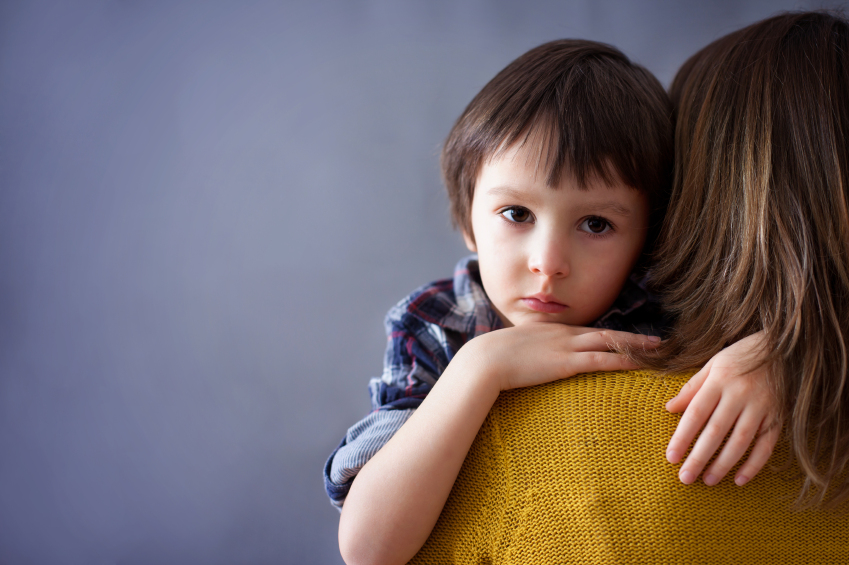We recently ran across a Q&A on the On Parenting section of the Washington Post that we thought was too good not to share.
The question – How do I explain death to a preschooler? – came from a young boy’s mother. Her preschool-aged son, after watching a classmate experience a death in his family, wanted to know what would happen if his own parents died. He began to realize, as many children do around that age, that eventually he would die, too, and it seemed to take up quite a bit of space in his young brain.
Meghan Leahy, a certified parent coach, and Washington Post columnist, explains the best way to handle these questions and emotions. To read her entire response, click here. We’ve pulled a few of our favorite quotes below:
- “[F]eelings that move out of the mind take up less space. So keep normalizing them.”
- “How can you bring rest to this little boy? Begin by separating your own story from his fears.”
- “Stop reassuring him that everyone is healthy and not going to die… When we constantly reassure someone to not feel an emotion, we are essentially saying: ‘Your feeling is not valid or wanted here. You are making me uncomfortable. Stop.'”
If you are going through a similar situation with your young children, reassuring them that their feelings and questions are normal is important. Many grown adults are still afraid of death, even if they think they know what will happen afterward. Often, when children ask their parents questions about death, it makes the parents just as (if not more) uncomfortable and scared.
In any case, parents should listen and remind their children that their love will remain forever. This is not the same as promising them you’ll physically be around forever, nor is it reminding them you could all die tomorrow. In the end, if something unfortunate does happen (heaven forbid), this is the message you’ll want them to remember anyway.

